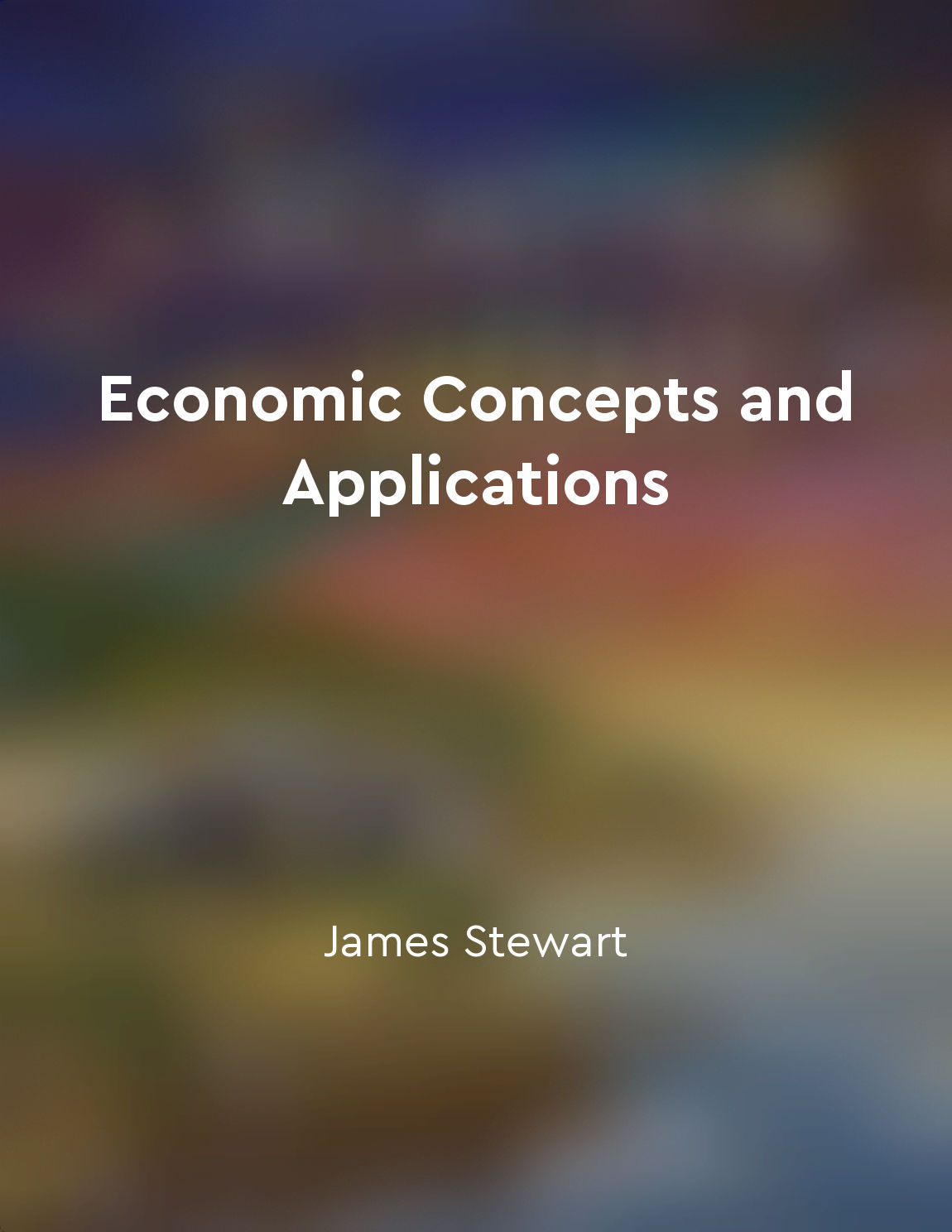Marginal utility from "summary" of Economic Concepts and Applications by James Stewart,Rankin K. Stewart J
Marginal utility is the additional satisfaction or benefit a person receives from consuming an additional unit of a good or service. It is the change in total utility that results from a one unit increase in the consumption of a particular good or service. It is a key concept in economics that helps explain how people make decisions about what to buy and how much to buy.- Marginal utility is the additional satisfaction that an individual gets from a single unit of a good or service consumed. It shows how much extra utility one unit will bring when it’s added to what you have already consumed.
- Marginal utility helps determine the maximum price an individual is willing to pay for a certain product at given points in time. Thus, it gives firms guidance regarding pricing decisions in order to maximize their profits.
- In consumer behaviour, the concept of marginal utility explains why a rational consumer would not spend all his money on just one commodity; instead he would divide it among different goods while trying to optimise his total satisfaction or utility.
- The concept of marginal utility suggests that people have limited desires and that they will hardly get any extra satisfaction if they consume more and more units of a certain good.
- The law of diminishing marginal utility states that as consumption of a particular good increases, the extra utility derived from consuming every succeeding unit of the good usually decreases.
- Economists use marginal utility analysis to understand the effects of surplus production or under-consumption of goods with the aim of influencing economic policies in order to improve the overall welfare of society.


